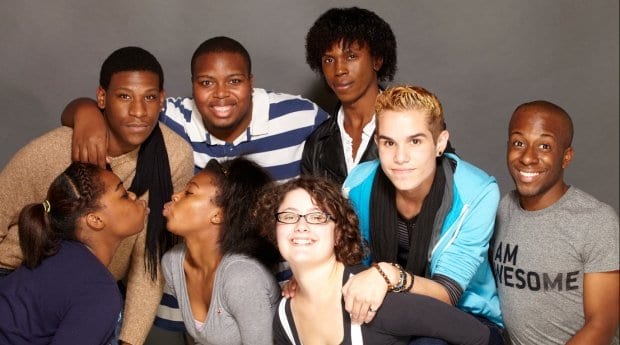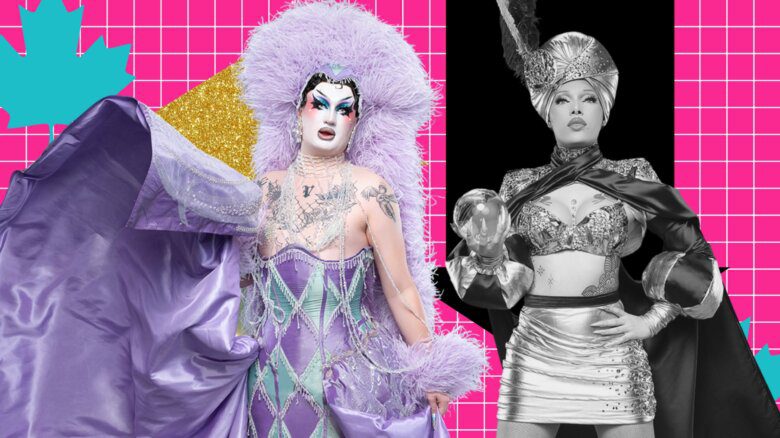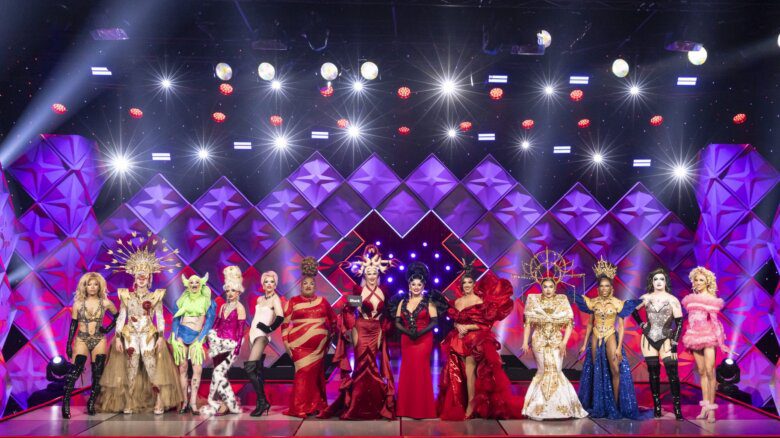Queer theatre so often treads the same well-worn paths. It’s about AIDS. It’s about suicide. It’s about bullying in the classroom. In 2013, a queer youth theatre troupe, True Colors: OUT Youth Theatre, decided to put together a show with a different focus.
Director Ellen Brodsky’s documentary The Year We Thought About Love follows the Boston-based troupe as they take a year to put together a production about queer love.
“There are a lot of media stories about suicides and murders and homelessness — which are important — but I wanted to also show [a more positive story],” she says. “We’re trying to shift the discussion of LGBTQ youth from victimhood to activism and art.”
Some members of the troupe are lesbian. Some are gay. Some are transgender. Many are people of colour. The film shows this diverse group transforming disparate, difficult and occasionally funny personal stories into a show comprising many skits.
But it’s not just for the sake of putting on a show. They put their struggles to find love on stage because, as promotional material for the documentary says, “learning how to be true to oneself is often the first step to personal liberation and political change.”
Called The Rhythmic Chaos of Love, the play toured Boston-area schools in the spring of 2013. Then the troupe moved on to other projects. Fortunately, the story lives on as The Year We Thought About Love tours the world. Its Ottawa premiere will be at the One World Film Festival.
Now in its 26th year, the Ottawa-based festival focuses on films involving human rights, social justice and environmental issues. With the federal election soon upon us, organizers of this year’s festival hope that attendees will take what they see to heart when voting.
To that end, they’ve paired The Year We Thought About Love with a political debate. Following the screening, candidates from the Ottawa Centre riding will debate only issues of relevance to the queer community. The film screening and debate will take place on a night called The Kids Are All Right.
Ottawa Centre riding candidates Paul Dewar (NDP), Catherine McKenna (Liberal) and Tom Milroy (Green) have said they will attend the debate. Festival manager Jessica Ruano says that despite efforts to reach out, the Conservative candidate has not yet confirmed.
When asked what she thinks of her film being paired with an election debate on queer issues, Brodsky says, “We’ve had 40 or 50 screenings so far, but this is about the most original use that I’ve heard of. I really wish I could be in Ottawa to see this.”
The Kids Are All Right
Friday, Sept 25, 2015, 6pm.
National Gallery of Canada, 380 Sussex Dr, Ottawa
oneworldfilmfestival.ca


 Why you can trust Xtra
Why you can trust Xtra


